Top 7 Leena AI Alternatives & Competitors (2025 Edition)


Teams often rely on Leena AI to manage internal requests, automate workflows, and support employee-facing functions—primarily in HR, but also across IT and general operations.
However, not every organisation has the same structure, scale, or process needs. What works for one team may not work for another.
Some businesses look for tools with different pricing models, faster implementation, or broader use case support—especially when workflows span multiple departments.
This blog covers 7 alternatives to Leena AI for 2025. Each option takes a different approach to internal automation, offering support for HR, IT, and employee services.
The goal is to help you compare platforms based on how they align with your team’s structure, tools, and internal service needs.
Leena AI is used by many organisations to automate HR tasks like onboarding, internal communication, and routine workflows. While it works well for specific HR functions, some teams evaluate other platforms based on operational flexibility, speed, and cross-functional support.
Below are some common reasons companies consider switching to AI-first alternatives:
Some teams want more control over how automation behaves—whether it’s the logic behind workflows, how the interface looks, or how conversations are handled. When built-in options feel limiting, businesses start comparing tools that offer greater AI configurability and workflow customisation.
Leena AI is built primarily for HR. However, many organisations want to automate internal support across multiple departments—like IT, finance, and admin. Tools that support cross-functional use cases with shared knowledge bases and unified automation are often preferred.
The time and effort required to implement a platform can affect adoption. Companies with leaner teams or aggressive timelines often look for tools with low setup complexity, faster onboarding, and minimal dependency on external support.
Some teams find it difficult to estimate Leena AI’s costs based on their size, usage, or integration needs. Platforms that offer flat-rate, usage-based, or modular pricing structures are easier for teams to plan around—especially when scaling.
Modern internal operations rely on various systems—HRIS platforms, Slack, Teams, ticketing systems, and analytics tools. If a solution doesn’t support these out of the box or requires custom integration work, it may not fit into existing workflows without friction.
Instead of using multiple tools across departments, some organisations aim to standardise automation under a single platform. This reduces tool sprawl and makes it easier to manage knowledge, reporting, and workflows from a central system.
These considerations help businesses assess whether their current setup is scalable—and whether a different AI platform may align better with their long-term goals.
| Limitation | Details |
|---|---|
| Limited Use Beyond HR | Best suited for HR functions like onboarding and internal helpdesks. Lacks broader support for teams such as IT, sales, or customer service. |
| Customization Constraints | Prebuilt modules are available, but deeper customisation often requires developer effort, especially for complex workflows. |
| Pricing Not Public | No publicly available pricing. This makes it harder for teams to plan, compare, or forecast costs effectively. |
| Limited No-Code Flexibility | Non-technical users may struggle to build or adjust workflows without IT support, limiting agility. |
| Onboarding and Setup Time | Implementation can take time, especially if syncing with existing systems. This may stretch internal teams during rollout. |
| Integration Scope | Supports popular HR tools, but may lack integrations for specialised platforms or broader tech stacks. |
| Focus on HR Limits Omnichannel Use | Built for internal support only. Doesn’t support external channels like WhatsApp, Messenger, or Instagram. |
1. YourGPT: No-code AI agent builder for automating support, sales, and marketing on messaging apps.
2. Kore.ai: Enterprise-grade conversational AI platform for automating customer interactions.
3. ServiceNow HRSD: Digital HR service platform for streamlining employee experiences.
4. Rezolve.ai: AI helpdesk for automating HR and IT support inside Microsoft Teams.
5. Landbot: No-code chatbot builder for automating customer conversations on web and chat.
6. Relish.ai: AI assistant built for automating eCommerce customer support.
7. Zoho People: Cloud-based HR software for managing employee operations and workflows.

YourGPT is an AI agent platform that lets businesses create custom AI agents and AI chatbots without any coding. It works with popular messaging apps like WhatsApp, Telegram, and Slack, and supports over 100 languages.
With features like voice agents, self-learning, sequential agents, and lead generation, businesses across industries are already using to automate task, customer support, sales, and marketing to reduce manual effort and saving time.
YourGPT works well for teams of any size. It’s especially helpful for companies that want to move quickly without adding more tools or hiring developers.
Ideal For: Organizations seeking fast implementation, straightforward customization, clear pricing, and broader functionality.

Kore.ai provides conversational AI designed for enterprises, automating customer interactions, employee self-service, and complex business processes.
Core Features:
Pricing:
Ideal For: Enterprises requiring advanced conversational AI capabilities and extensive industry-specific customizations.

ServiceNow HR Service Delivery simplifies employee service management, offering robust case management and employee experience capabilities.
Core Features:
Pricing:
Ideal For: Companies prioritizing employee service management and comprehensive workflow automation.

Rezolve.ai offers a comprehensive AI-powered employee helpdesk solution designed to automate IT support, HR queries, and internal processes.
Core Features:
Pricing:
Ideal For: Organizations looking for robust internal support automation and effective knowledge management.

Landbot provides an intuitive no-code chatbot builder, ideal for creating interactive conversational experiences across websites and messaging platforms.
Core Features:
Pricing:
Ideal For: Businesses needing user-friendly chatbot creation with strong engagement capabilities and flexible integration options.

Relish.ai offers conversational AI specifically tailored for ecommerce, enhancing customer interactions, product discovery, and sales automation.
Core Features:
Pricing:
Ideal For: Ecommerce brands seeking specialized conversational AI to boost customer engagement and online sales.

Zoho People is known for its comprehensive HR software that covers employee data management, attendance tracking, performance management, and more.
Core Features:
Pricing:
Ideal For: Businesses needing an all-in-one HR solution with extensive customization and transparent pricing.
Finding the best fit isn’t just about features—it’s about how well a platform supports your goals across teams. Here’s what to look for:
1. Easy to Set Up
Go for a solution that’s quick to launch, doesn’t require a developer, and comes with no-code tools so your team can make updates without IT.
2. Clear, Upfront Pricing
Skip the guesswork. Look for platforms that show their pricing clearly, so you can plan your budget with confidence—especially as your team grows.
3. Works With What You Already Use
The best tools plug right into your current systems. Whether it’s your HR software, messaging apps, or internal tools, make sure it integrates smoothly.
4. More Than Just HR
If you want to automate beyond employee support—think customer service, IT helpdesks, or sales assistance—choose a platform that can handle it all.
Leena AI works well for HR tasks, but some teams need more. If you’re looking for faster setup, simpler tools, and support across more departments, it makes sense to explore other options.
YourGPT is easy to set up and doesn’t need coding skills. It works for HR, customer service, sales, and more. It also shows clear pricing, so you know what you’re paying for.
Not really. Leena AI is built for HR needs like onboarding and answering employee questions. It doesn’t support customer service, sales, or other areas well.
No-code tools let your team build and change workflows without asking IT for help. This saves time and gives your team more control over how things run.
Yes. Platforms like YourGPT list their prices upfront. This helps you budget better and compare tools without guessing or waiting for a sales call.
Most of them will. For example, YourGPT connects with popular tools like CRMs, helpdesks, HR platforms, and messaging apps, so you don’t have to start from scratch.
It lets you talk to people on their favorite apps—WhatsApp, Slack, Instagram, and more. This improves communication inside your company and with customers.
No problem. Tools like YourGPT support over 100 languages, so you can help employees and customers in their own language without extra tools.
Start with your goals. Do you need better HR support, faster customer replies, or smoother internal workflows? Choose a platform that fits your needs today and can grow with you tomorrow.
Selecting the right AI platform isn’t just about features—it’s about how well a tool fits into your existing workflows, systems, and team structure.
Some organisations prioritise ease of setup. Others need tighter integration with tools like Slack, Microsoft Teams, or internal knowledge bases. A few may focus on building scalable workflows that can support multiple departments—HR, IT, admin, and more—from a single interface.
Platforms like YourGPT are built with this broader approach in mind. They’re designed to handle internal queries, automate recurring processes, and reduce dependency on manual intervention—without requiring heavy technical involvement.
When comparing solutions, focus on how each platform aligns with your operational needs and the experience you want to create for your team. The right choice is the one that works well across your organisation—not just within one department.
Build smarter workflows, launch faster, and support more than just HR—with YourGPT.
Start free or talk to sales. No hidden costs, no complex setup.
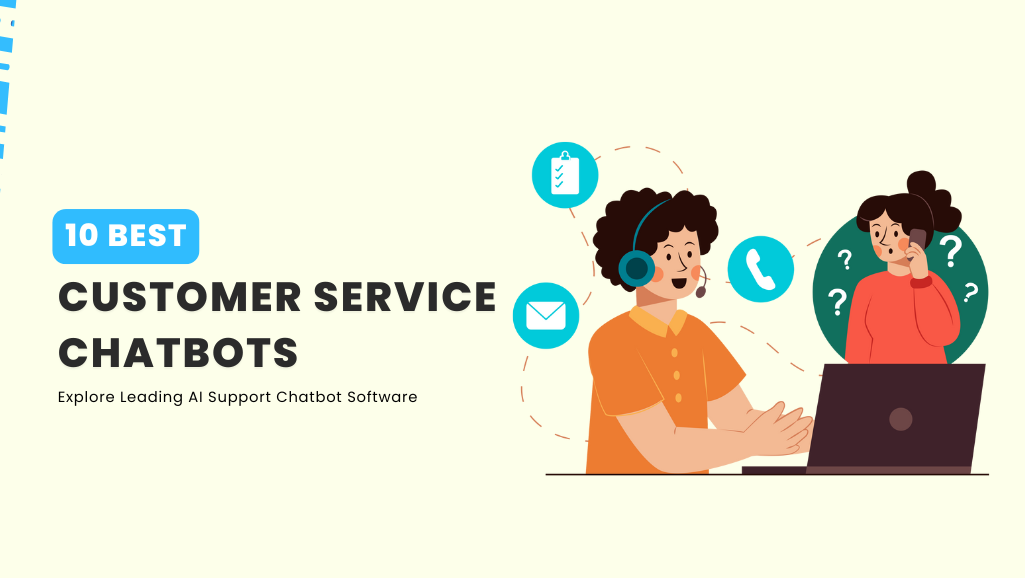
A customer sends an urgent question while your support team is offline. The delayed reply leads to frustration, and a small issue becomes a poor experience. This happens daily for businesses that cannot offer consistent, real-time support. AI chatbots help solve this. They respond instantly, understand context, guide customers through solutions, and transfer complex issues […]

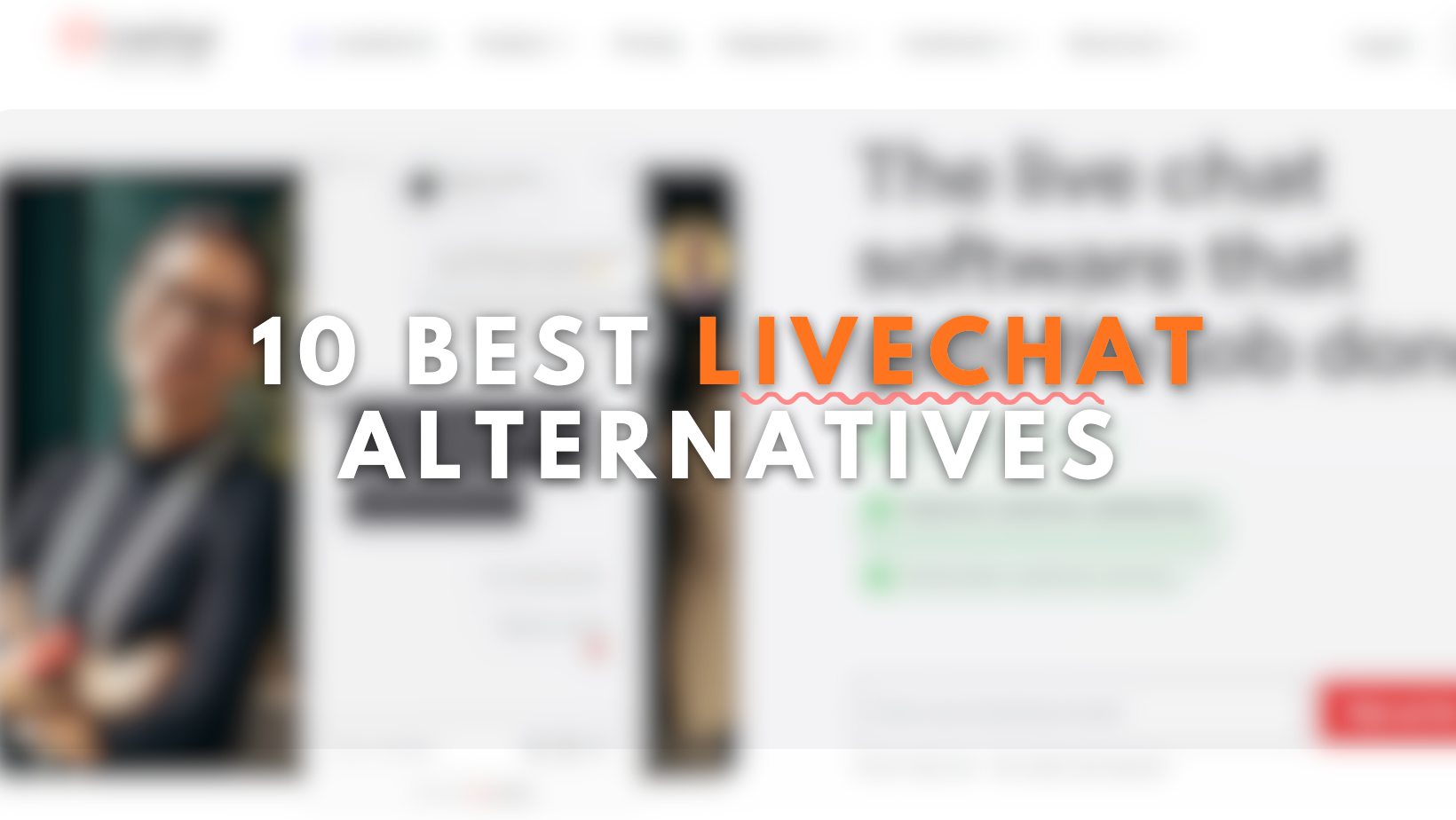
LiveChat is a customer messaging platform that has helped many teams handle customer questions through basic chat widgets, but the way businesses support customers has changed. People now expect quick answers across more channels, and support teams want tools that cut down on repetitive work instead of adding to it. As a result, many companies […]

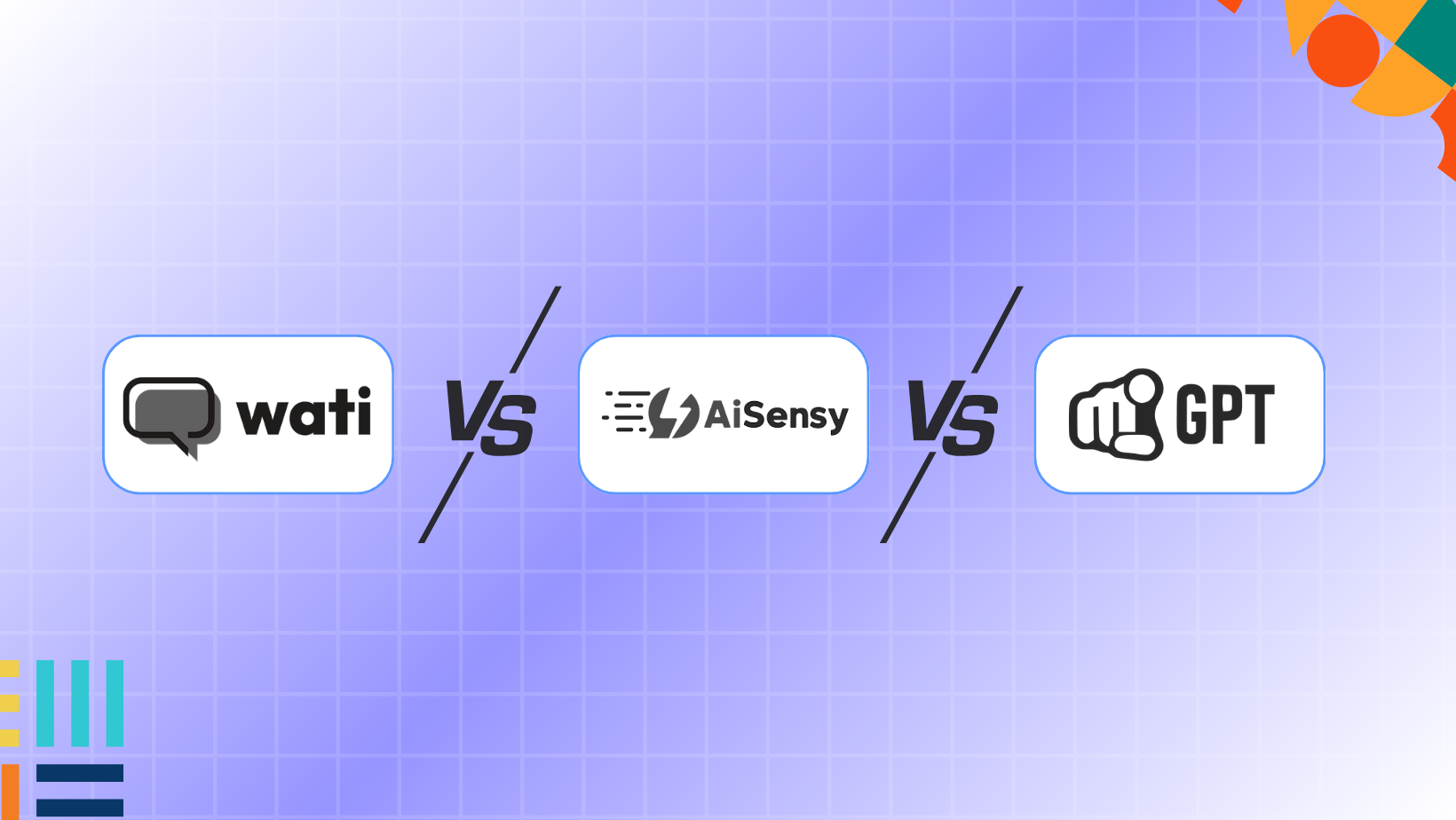
TL;DR Wati manages WhatsApp teams and shared inbox. AiSensy runs broadcast campaigns and drip sequences. YourGPT trains on your business data and executes real-time actions across multiple channels. WhatsApp and Instagram DMs now handle the majority of customer conversations for growing brands in 2025. What starts as 20-30 messages per day quickly scales to hundreds […]

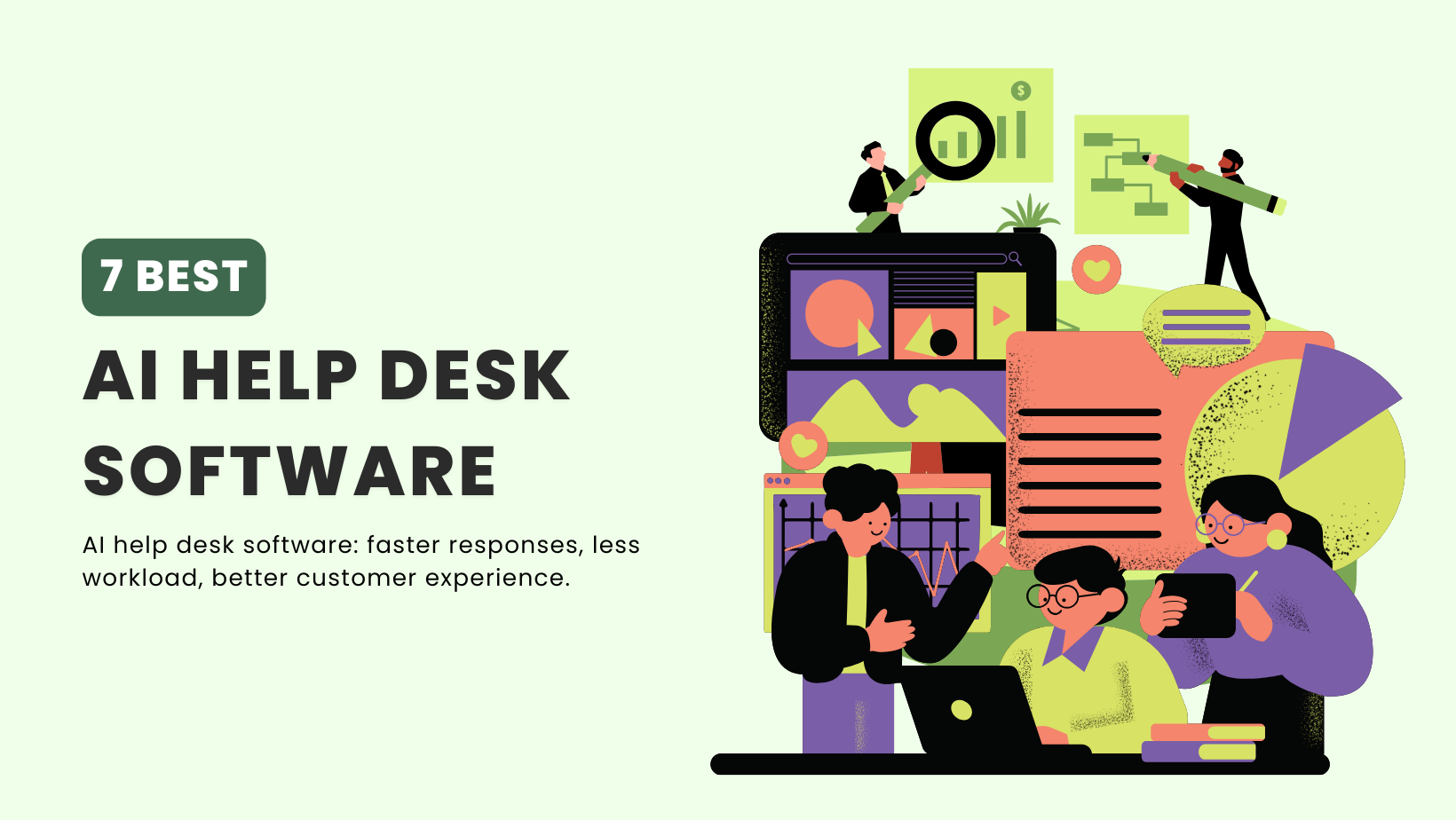
TL;DR AI help desk software reduces repetitive tickets by turning your knowledge base into instant answers. The market is growing fast as teams shift from adding agents to improving self-service and automation. This guide reviews seven platforms based on real performance so you can choose a tool that improves response quality and team efficiency. AI […]

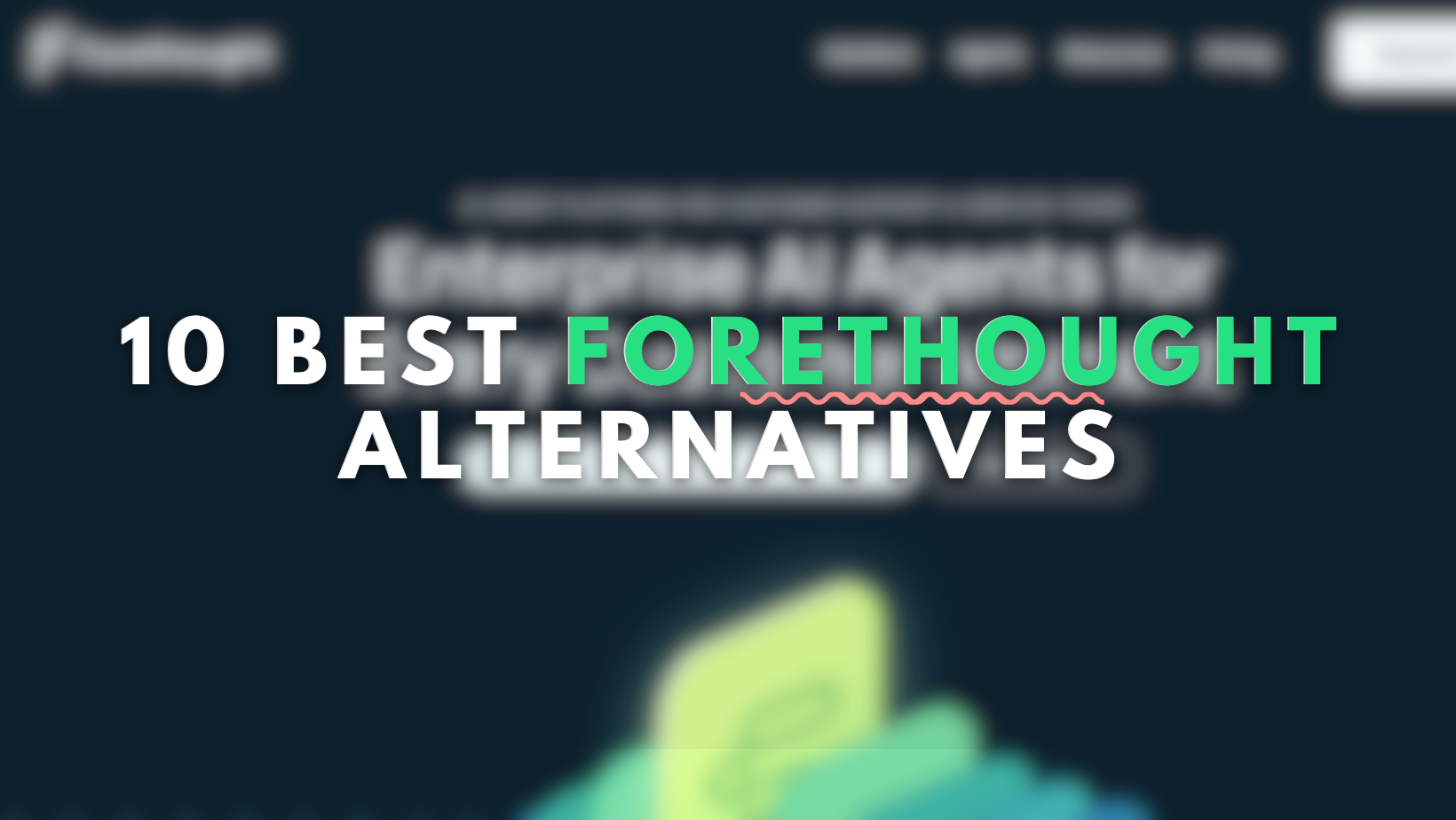
Forethought is an AI-powered support automation platform designed to build intelligent agents for ticket deflection and intent-based workflows, primarily targeting mid-market and enterprise support teams managing high volumes of tickets. This blog reviews ten Forethought options in 2025 that offer clearer pricing, faster deployment, and better customization. The selection ranges from no-code builders for small […]


YourGPT and Botpress are both AI agent platforms, but they take different approaches to automation and customer engagement. Businesses don’t need another chatbot. They need AI agents that connect to their existing systems, handle real tasks, and work across multiple channels without breaking down when customers ask something unexpected. This guide compares how YourGPT and […]
